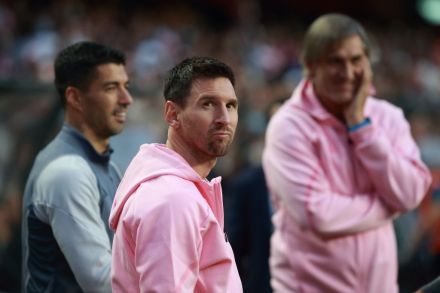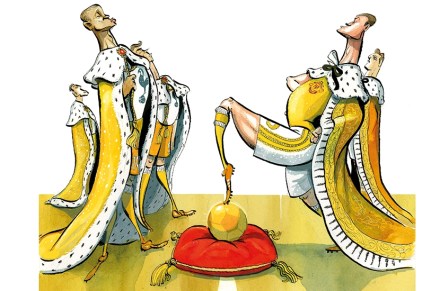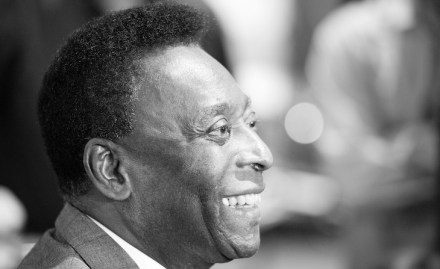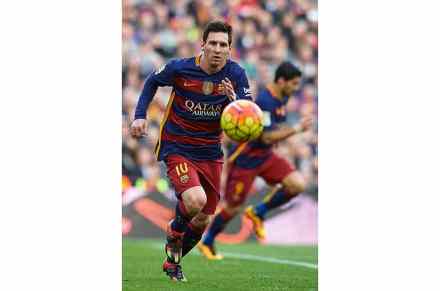What the Messi row reveals about Chinese football
40 min listen
The Argentinian football star Lionel Messi has been trending on Weibo – and unfortunately, not for a good reason. It all started when Messi sat out a match in Hong Kong earlier this month. His reason – that he was injured – wasn’t good enough for some fans, and keyboard nationalists quickly took offence when Messi played in Japan, a few days later. The furore has dominated Chinese social media over the last few weeks, and even led to the cancellation of some upcoming Chinese matches with the Argentinian national team, as authorities demanded an apology from Messi. What a mess. But beyond its seeming triviality, this episode tells us





